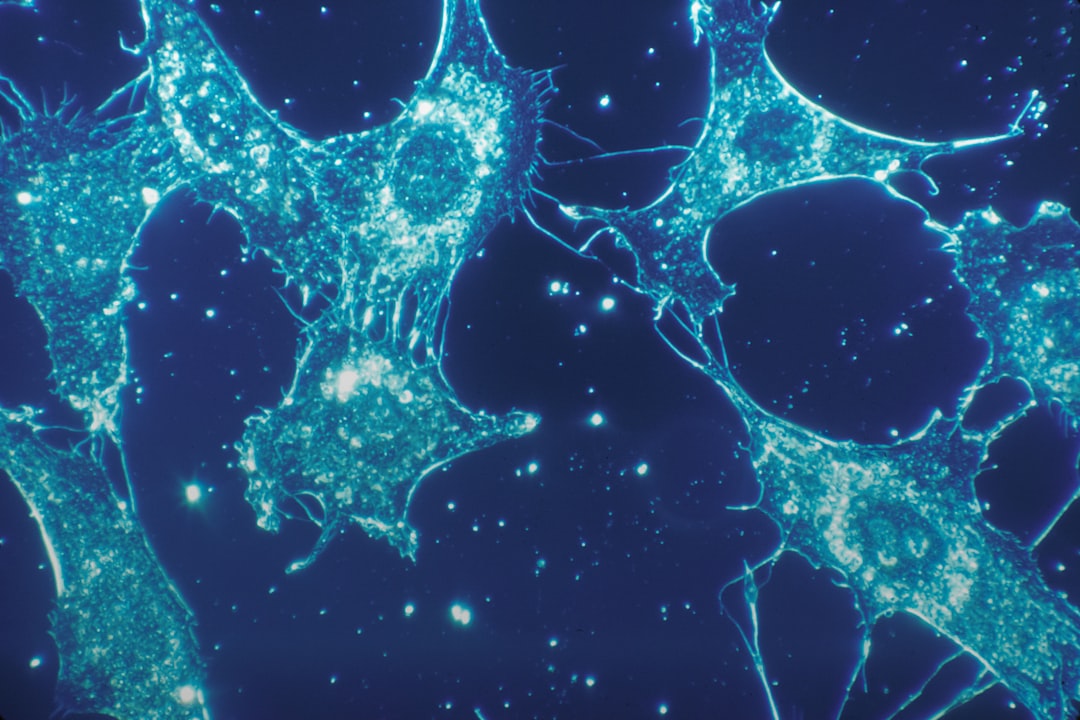What is it about?
Burkholderia cepacia complex (Bcc) species are a group of bacterial opportunistic pathogens that infect the lungs of cystic fibrosis patients, and occasionally they infect other immunocompromised patients. Bcc bacteria are highly multidrug resistant and once enter the patient they chronically persist in the respiratory tract, and cause increased inflammation. Studies using immune cells with the ability to engulf bacteria (macrophages, neutrophils, and dendritic cells), combined with advances in the genetic manipulation of these bacteria, have augmented our understanding on how Bcc survive inside these cells and trigger inflammation. This article summarises these discoveries.
Featured Image
Why is it important?
This review article arose from an invited presentation to discuss my research at the International Union of Microbiological Societies meeting, hosted by the Canadian Society of Microbiologists and sponsored by Canadian Science Publishing, held in Montréal, Quebec, Canada, on 27 July – 1 August 2014. The article summarises our current knowledge in this field and and also dispells some erronoeos notions about how B. cenocepacia survives within phagocytic cells
Read the Original
This page is a summary of: Intracellular survival of Burkholderia cepacia complex in phagocytic cells, Canadian Journal of Microbiology, September 2015, Canadian Science Publishing,
DOI: 10.1139/cjm-2015-0316.
You can read the full text:
Contributors
Be the first to contribute to this page










